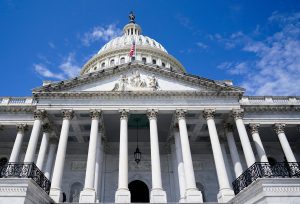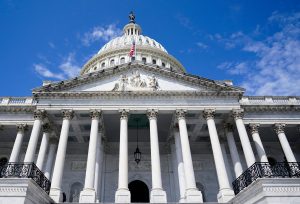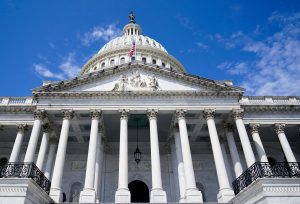Many rules, including motor vehicles rules, credit card, Ujjwala scheme and health insurance are going to change from October 1, 2020, that are directly going to impact your lives and so it is important that you know them in advance.
1. No physical verification for driving license, registration card
People would be allowed to carry a valid digital copy of their documents like driving license and registration card. The step has been taken to ease commuter convenience. The Ministry of Road Transport and Highways has issued notification of various such amendments made in the Motor Vehicles Rules 1989, which will come into effect from October 1. The soft copies can be carried in Central government’s online DigiLocker or m-Parivahan mobile application.
2. LPG connections under Pradhan Mantri Ujjwala Yojana will not be free
The process of getting free LPG connections has ended on September 30, 2020. In March this year, the government had announced three 14.2-kg LPG cylinders free of cost to about 8 crore Ujjwala beneficiaries from April to June, which was further extended till end September.
Also read: Unlock 5: Centre allows re-opening of cinema halls, swimming pools from Oct 15
3. Use of mobile phones only for route navigation
According to the amendments made in the Motor Vehicles Rules 1989, people would now be able to use handheld communication devices while driving solely for the purpose of route navigation in such a manner that it shall not disturb the concentration of the driver while driving.
4. New health insurance rules
The changes in health insurance are being introduced in the aftermath of Covid-19. The prices of premium health insurance services will go up from October 1. The new rules apply to the waiting period after getting health insurance, claim rejection by the companies and inclusion of many more illnesses in the health cover.
5. 5% tax will be imposed on foreign fund transfer
The amount sent abroad to buy foreign tour packages, and every other foreign remittance made above Rs 7 lakh, will attract a tax-collected-at source (TCS) beginning 1 October unless the tax is already deducted at source (TDS) on that amount. While the tax on foreign tour packages will be 5% for any amount, for other foreign remittances the tax will kick in only for the amount spent above Rs 7 lakh.
Also read: India’s current account surplus increases to $19.8 billion, 3.9% of GDP: RBI
6. New debit card and credit card rules
The Reserve Bank of India (RBI) has issued new guidelines to secure credit and debit cards. According to the new changes, card users can register for opt-in or opt-out of services, spend limits, etc. for international transactions, online transactions as well as contactless card transactions. Both debit and credit holders will now be allowed to set up a transaction limit.
7. FSSAI new guidelines on sweet shops and mustard oil
Food Safety and Standards Authority of India (FSSAI) has directed the sweet shop owners to declare the ‘best before date’ of non-packaged or loose sweets in their shops.
The FSSAI has also banned blending of mustard oil with any other cooking oil with effect from October 1, 2020.
8. Purchasing televisions would be expensive
As part of ‘Atmanirbhar Bharat’, the government is keen to expand domestic production capacity for open cell panels and therefore, the expired 5% import duty exemption will not be extended.
Also read: India successfully test-fires BrahMos supersonic cruise missile
9. New Tax Collected at Source (TCS) rule
The Income Tax Department has issued new guidelines and according to them, the Finance Act, 2020 inserted a new section 194-O in the Income-tax Act 1961 which mandates that with effect from October 1, 2020, an e-commerce operator shall deduct income tax at the rate of 1 per cent of the gross amount of sale of goods or provision of service or both, facilitated through its digital or electronic facility or platform.
10. New rates for home, car loans
The Reserve Bank of India (RBI) had made it mandatory for banks to link their retail and MSME loans to external interest rate benchmarks. This will eventually cut down the rates for home, car and personal loans.






